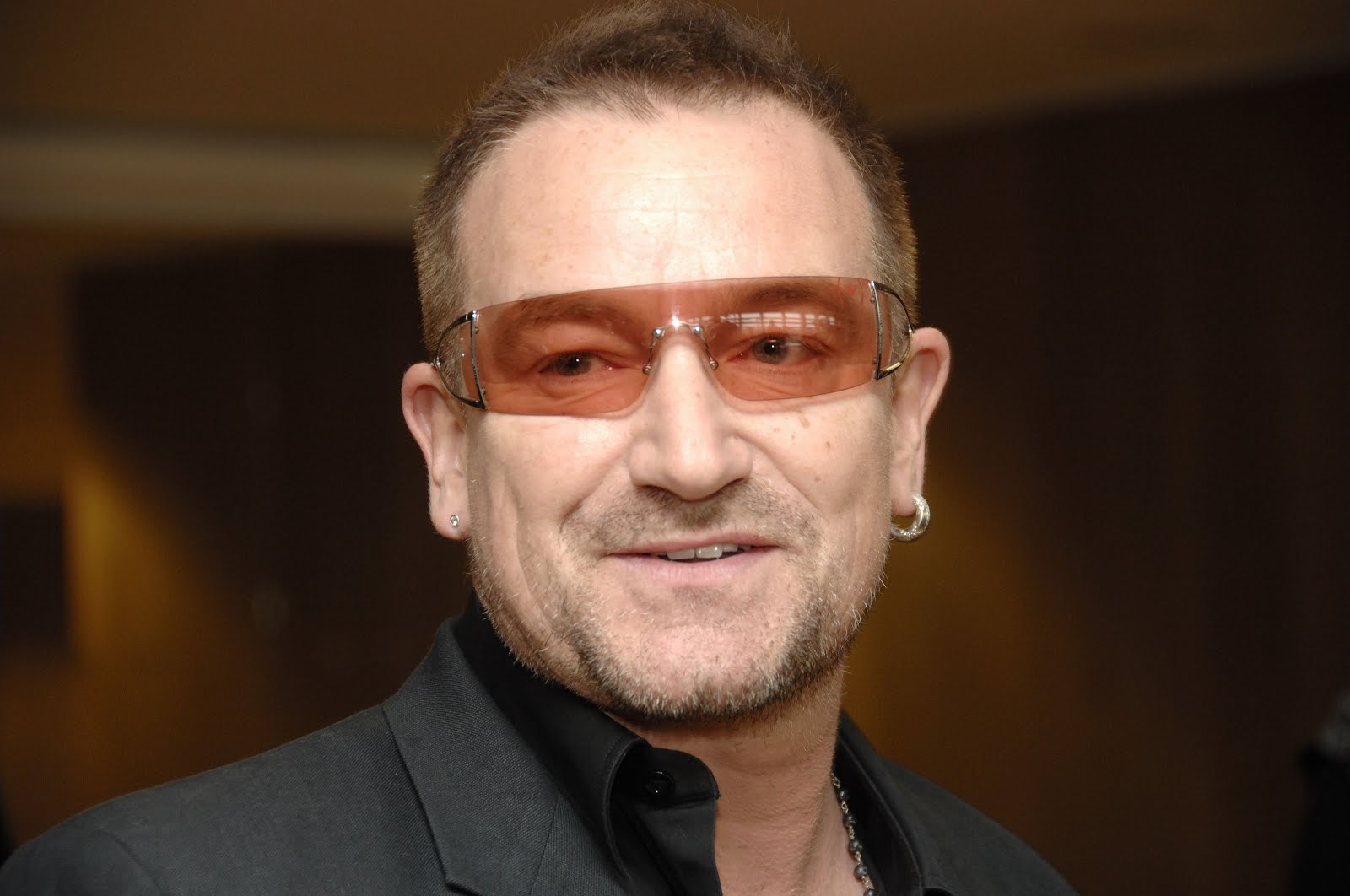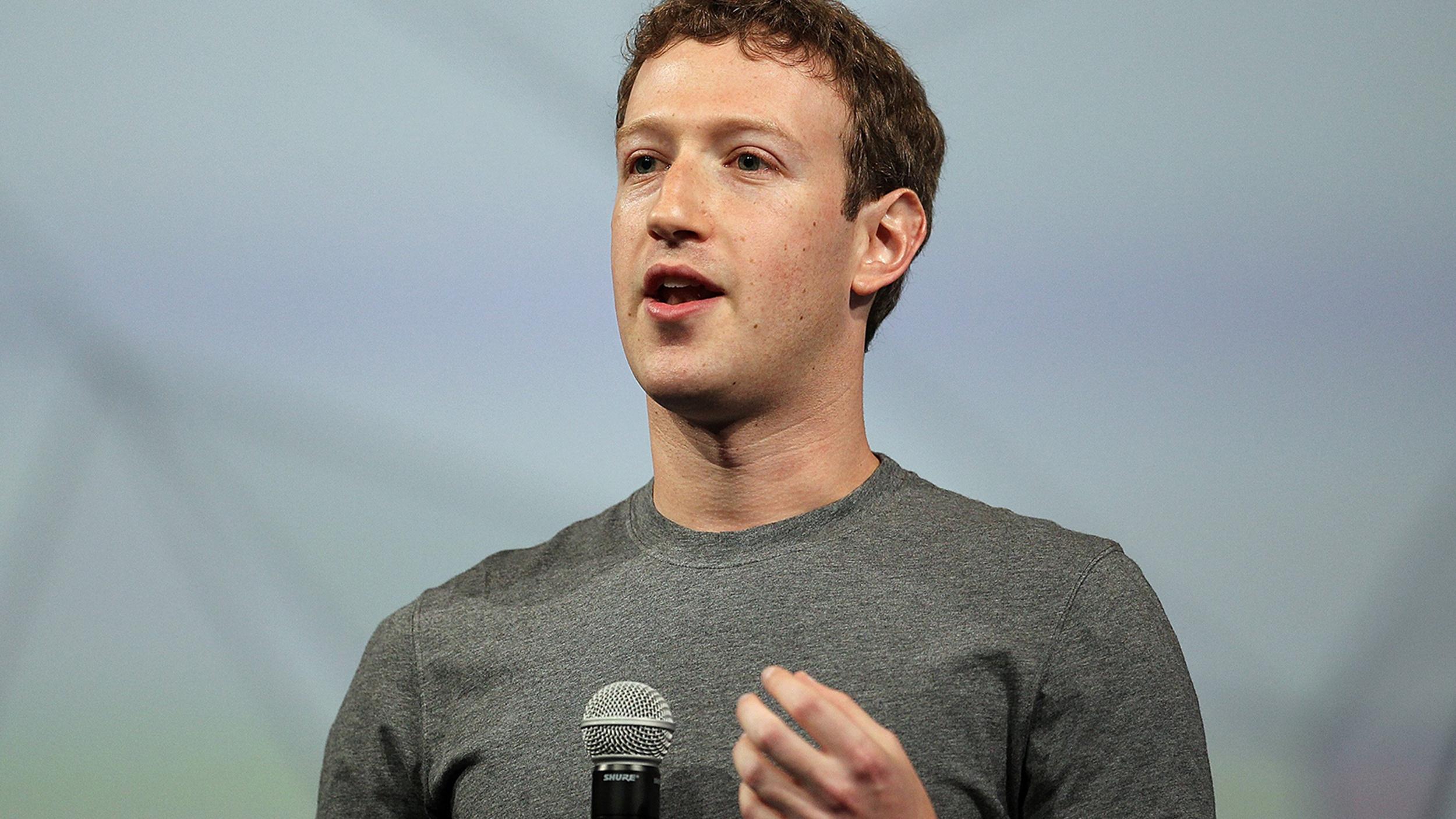by Mark Zuckerberg and Bono
Seventy years ago, the United Nations was formed as the expression of a simple choice: cooperation instead of war. Humanity would stand as one against conflict, poverty and disease. All the world’s voices would be heard.
At least, that was the plan.
We’ve come a long way. We’ve halted and reversed the spread of killer diseases, extended life expectancy and raised incomes. We’ve even walked ourselves back from the edge of some global conflicts and catastrophes. But progress has not been evenly distributed. Too many people have been left outside of a mostly urban, mostly Northern success story.
Seeing that, world leaders put forth a new set of global goals in New York last week. If we want to build a world where not just some but all get to live in security and prosperity, there’s a lot still to do, as the 2030 Agenda for Sustainable Development signed off on by United Nations member states shows.
It lists 17 goals and 169 targets, and one of these, 9(c), is a target that we believe is crucial to accelerate realization of all the others: a commitment to provide Internet connectivity for all by 2020.
Today over half the people on this planet don’t have access. That is not good for anyone — not for the disempowered and disconnected, and not for the other half, whose commerce and security depend on having stable societies.

An unprecedented array of technologists and activists — from Mo Ibrahim to Bill and Melinda Gates, action/2015, Ushahidi and Sahara Reporters have come together to support a global Connectivity Declaration, pledging their support for the new global goals and connecting the world to opportunity. This needs to become a global movement.
In this century, global development and global connectivity are closely linked. If you want to help people feed, heal, educate and employ themselves around the world, we need to connect the world as well. The Internet should not belong to only three billion people, as it does today. It should be seen as a necessity for development, and a tool that makes larger things possible.
In Ethiopia and Tanzania, for example, farmers connect to get better prices, track inventory and make mobile insurance payments in case of bad weather. In Nigeria, citizens use BudgIT, a mobile app, to assess whether governments keep their spending promises. The opportunity is especially great for women. Men have significantly more access to the web, but when women get connected, they use technology as a pathway to better education, health, economic status and security. In Guatemala, cellphones inform mothers how to have healthy pregnancies. In Kenya, women receive financial services via their cellphones thanks to the brilliant M-Pesa microfinance scheme.
In the last few weeks, we’ve watched desperate refugees seek shelter on the frontiers of Europe. Smartphones have made it possible for those left behind to communicate with loved ones across checkpoints and razor wire. The Internet connected our world in shared grief as a Syrian child’s death on a beach in Turkey came to symbolize every refugee. Social media carried the message and changed not just popular opinion but public policy.
It’s one thing to say we should connect the world. The real trick is how.
There’s no simple solution or silicon bullet.
In many places, increasing connectivity will have to start with extending access to energy. Nine out of 10 rural Africans don’t have electricity. Governments can make the difference. This is why we support initiatives like President Obama’s Power Africa plan and the bipartisan Electrify Africa Act in Congress, as well as the African Development Bank’s investments in renewable energy.
Where governments lay the foundation, the private sector can build. Promising efforts are underway to bridge the digital divide. But we know the global community can, and must, do more — and urgently. The Intel Foundation’s work in STEM education, Microsoft’s use of technology to advance the Millennium Development Goals and Google’s Project Loon to connect remote locations illustrate how technology leaders are prioritizing this effort, as is Internet.org, Facebook’s contribution to meeting the challenge.
More technology companies and entrepreneurs must take more responsibility. Silicon Valley should look beyond itself and act more on issues like education, health care and the refugee crisis. We challenge the tech industry to do far more for those most marginalized, those trapped in poverty, and those beyond or on the edge of the network.
All the global goals must be scored — but the goal of connectivity for everyone everywhere will surely hurry this game-that’s-not-a-game to its successful conclusion. Hurry being the operative word here.
Mark Zuckerberg is the founder and chief executive of Facebook.
Bono is the lead singer of the band U2 and a founder of the advocacy group ONE and its division (RED).
The opinions expressed in this article are solely those of the author.







